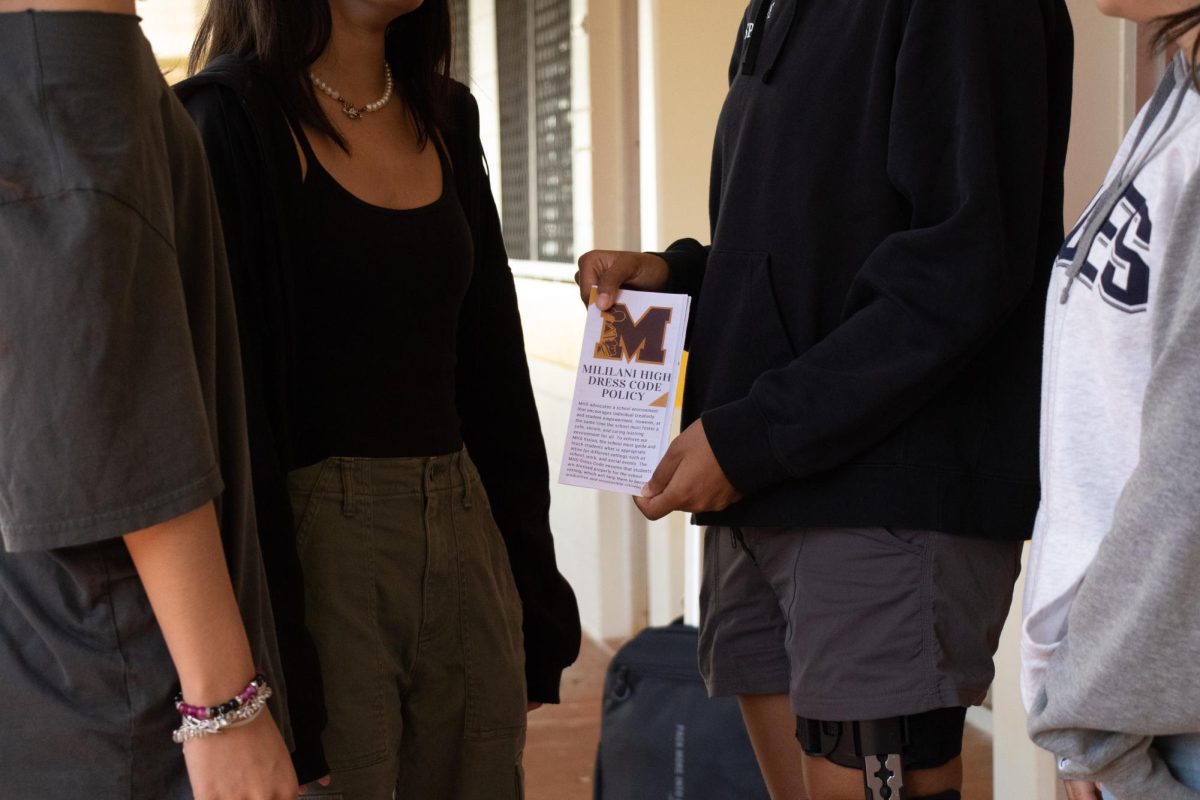Social Media and Mental Health
February 7, 2020
In this day and age, it feels like everybody we know — everyone we’re close with— is battling some kind of mental illness. There are many kinds of mental illnesses, and they are all very prevalent in today’s younger society. This might not necessarily mean that younger people are more prone to developing mental disorders, but rather that we are more likely to express them publicly. At this point, we expect people to relate to our struggles because so many do. Has the internet shaped us to be less willing to get professional help?
Our way of communicating has changed radically, as we have become more acclimated to an open-minded society. However, instead of talking through our problems and getting professional help for our emotional needs, we often turn to humor for expressing how we feel. By making self-deprecating jokes or memes to share publicly, we resort to showing off our problems to the world. There are entire online communities dedicated to jokes like these and even Instagram accounts with thousands of followers named after some variation of the words “depression” and “memes.”
Why do we do this to ourselves? And why has mental illness become so common that these massive communities exist? It’s how we were raised that made us so crazy about mental health. If we reflect on the past, we can see the differences in how mental health was once perceived to where it is now. Older generations generally kept information about their mental health to themselves. An article from The Guardian states, “Mental illness is a result of misery, yet still we stigmatise it,” showing that as recently as 2016, adults with mental disorders condemned for having or talking about mental illnesses. The majority of the younger generations do not stigmatize the mentally ill like this. So, how come we prefer to share our common experiences haphazardly in a humorous way? What made us so desperate to talk about our emotions, but not to resolve the problem?
Easy answer: the internet. People born more susceptible to illnesses like depression or anxiety or brought up in unloving or unwelcoming households, had a place to confide in. They didn’t have to pay to go to a professional therapist or convince their parents they needed help; they just talked with people online. From there, the jokes began. So, is the internet at fault as to why people refuse professional help?
Well, there is nothing wrong with sharing our experiences with others. These jokes give people a place — a community — to belong to. They allow us to express what is happening in our lives and our relationships — anonymously. Mayo Clinic states that these kinds of jokes can give us serious physical and mental benefits as well, like stress relief and an increase in personal satisfaction. It’s our own form of therapy — a free psychological aid that older generations never had the chance to use. However people decide to get help. As long as they consider it effective as an emotional aid, they should be free to get the help they need.



